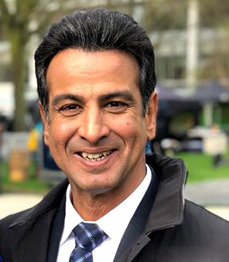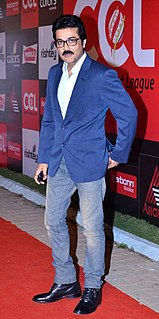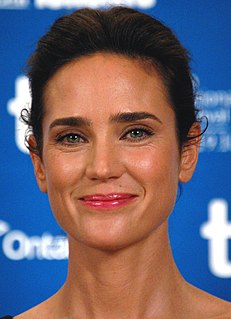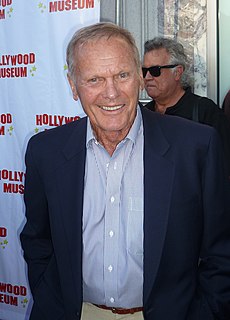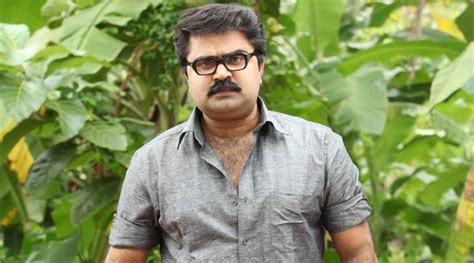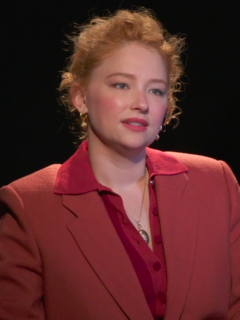A Quote by Christopher Nolan
As soon as television became the only secondary way in which films were watched, films had to adhere to a pretty linear system, whereby you can drift off for ten minutes and go and answer the phone and not really lose your place.
Related Quotes
With excessive digitisation, now, everyone is making films, which is good, but the makers think that they will quickly make films in digital and bag satellite rights but television channels buy satellite rights of notable films only. If we made fewer films a year, percentage of hits would be better.
When I was a kid, phone calls were a premium commodity; only the very coolest kids had a phone line of their own, and long-distance phone calls were made after eleven, when the rates went down, unless you were flamboyant with your spending. Then phone calls became as cheap as dirt and as constant as rain, and I was on the phone all the time.
Once in a while a good opportunity would come along, like the first 'Playhouse 90 ever to air - working in television afforded me my best opportunities. The (film) industry was going through such turmoil at the time - studios didn't know where to go anymore, they were falling apart, television was there. They didn't know what kind of films people wanted. The European films were making a huge impact because those films wanted real people in real situations.
I didn't see films when I was young. I was stupid and naïve. Maybe I wouldn't have made films if I had seen lots of others; maybe it would have stopped me. I started totally free and crazy and innocent. Now I've seen many films, and many beautiful films. And I try to keep a certain level of quality of my films. I don't do commercials, I don't do films pre-prepared by other people, I don't do star system. So I do my own little thing.
I don't see myself as successful because I've worked on only a handful of films. The way I look at it, if you're really, really lucky, if you consistently work hard over the course of ten years, if you refuse to take no for an answer, if you surround yourself with great mentors and are a sponge, willing to learn, then you're bound for something to happen.
In the '60s and '70s it was a great period for American films because studios were still run by individuals who worked off the seat of their pants and went along with things. At that time, they were very uncertain about what to make because of the influence of television. A lot of really terrific movies were made. But then the studios gradually became more corporate and were owned by corporations and run in that way and now they're very nervous. You see what they make - sequels, franchises and try not to take risks.



